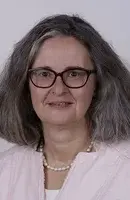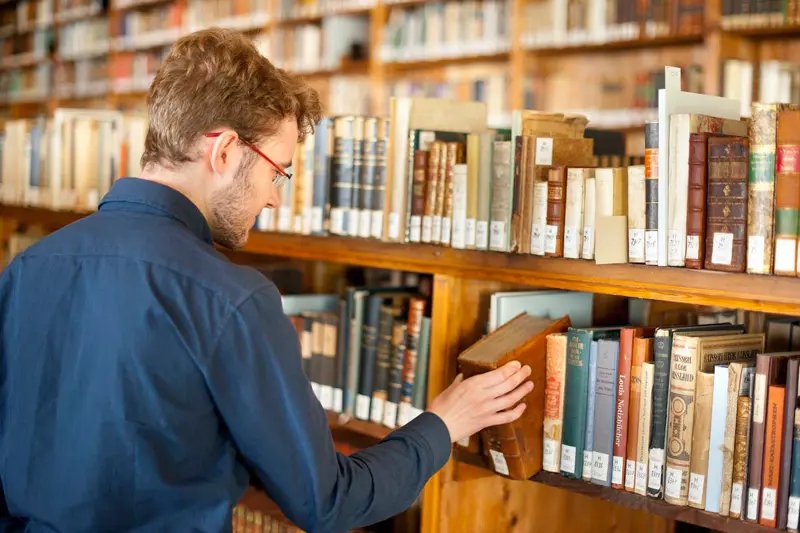And it has quite a few things up its sleeve: for example, in its exhibition "Bücher bewegen" (Books Move), which it is showing from 9 April to 19 June as part of its 375th anniversary, it is presenting the original Luther-Jeremiah translation. The manuscript printed in Luther's own hand is now in the Gotha Research Library. The manuscript of more than 80 leaves represents almost 15 percent of all surviving manuscripts of the Bible translation. Not a single line of the New Testament has survived in Luther's hand. Parts of other Old Testament books are now scattered in various archives and historical libraries in Germany, Poland and Denmark. These documents provide a unique insight into the translation process with the endless considerations involved, for many, including the Jeremiah volume, contain the final corrections, changes in word choice and reshaped wording before submission to the printer. The Jeremiah manuscript is one of the unique top pieces among the extraordinarily large number of manuscripts and historical prints collected in Gotha in the 17th and 18th centuries, on the one hand to realise large-scale editorial and historiographical projects on the Reformation, and on the other hand to develop the court library at Friedenstein Castle into a memory store of the Reformation.
"Luther's translation of the Bible was essential for the development of the English language," says Dr Kathrin Paasch, Director of the Gotha Research Library. "With our contributions to the theme year 'Welt übersetzen', we want to commemorate this and at the same time draw attention to the important original Luther writings in the library." This includes special tours of the library, for example on Reformation Day, 31 October, at 2 pm. Dr Daniel Gehrt, an employee in charge of cataloguing early modern manuscripts, will present Luther's manuscripts on the translation of the Bible in the Gotha Research Library.
The English translation of the digital exhibition "Hilaria Evangelica. The Reformation Jubilee 1717 in Europe" on Protestant commemorative culture, which also aims to promote the treasures of the research library internationally. In addition, the digital exhibition "Bücher bewegen" will be launched at the end of 2022, in which the anniversary theme will be linked to the theme "Welt übersetzen" and made permanently accessible to an international audience.
And in a workshop entitled "Digital Knowledge and Collection Visualisation. New Approaches and Perspectives for Digital Collections" in Gotha in November, experts will address the latest developments in preparing digital collections from cultural heritage institutions for the public in an interesting, comprehensible and sustainable way, i.e. to translate them and to actively participate in digital strolling, exploration and experimentation.



